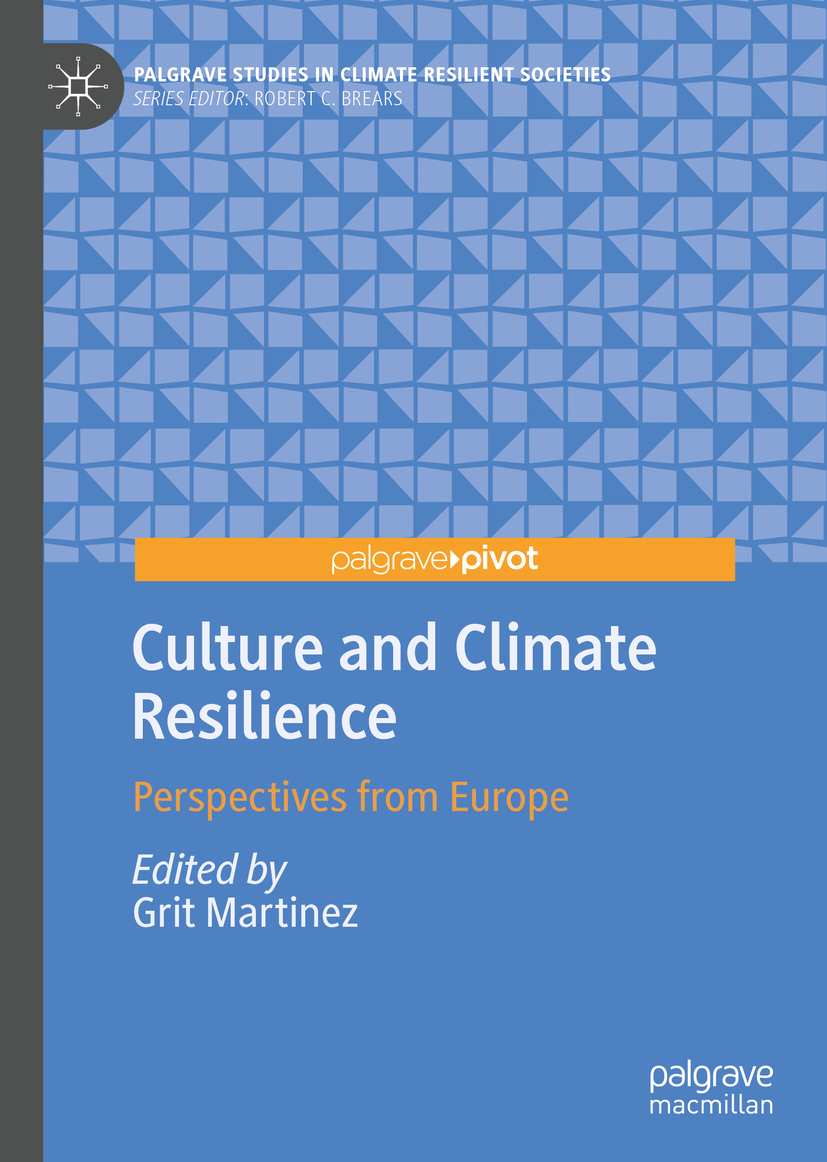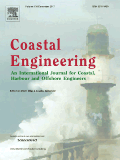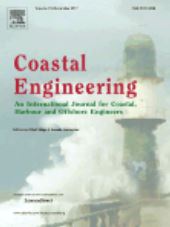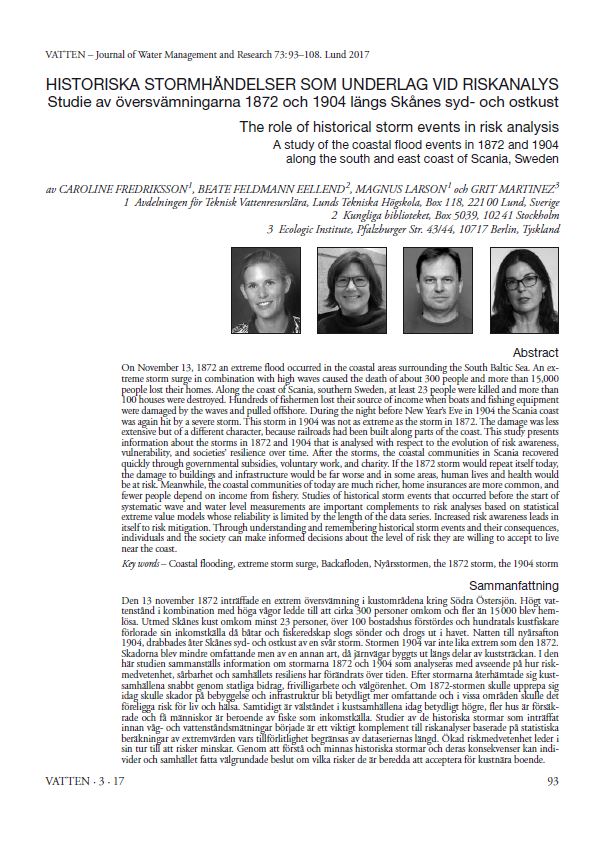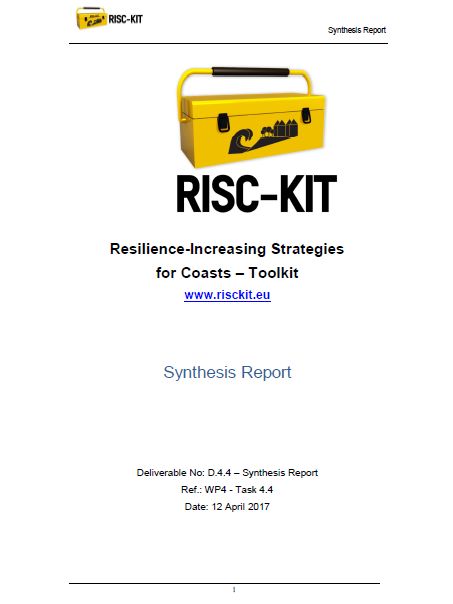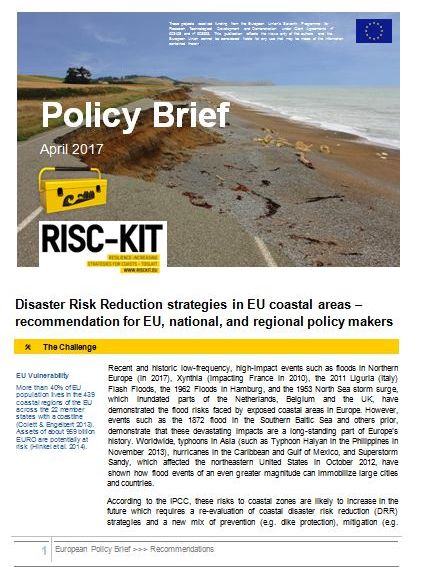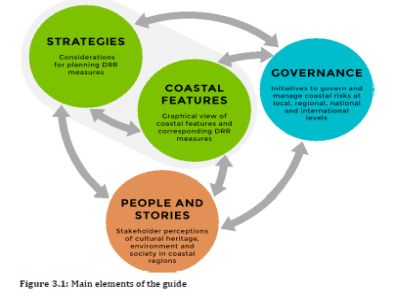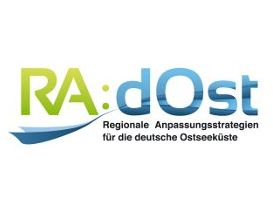History for a Sustainable Future | 8th Biennial Conference
- Presentation
- Date
-
- Location
- Versailles, France
- Speech
In the first week of July the European Society for Environmental History (ESEH) had invited to its 8th Biennial Conference to Versailles. Under the motto "Greening history: Studying the environment across disciplines: past, present, future" environmental historians from around the world met to exchange their empirical findings for a sustainable future and to discuss further applied research trends amongst the humanities.
Framed by the preparations for the upcoming COP21 climate conference in Paris in December, a speech of the head of the climate negotiation team of France Paul Watkinson, as well as French climate scientist Jean Jouzel, as followed by a discussion with the environmental historians in Versailles’ historical Thèatre Montansier. The speaker stressed that not only a binding agreement is urgently needed but at the same time it must be "flexible enough to adjust to changing circumstances, something that we can revisit every five or ten years without the need to replace it". A so-called "Agenda of Solutions", which represents initiatives aimed at supplementing the agreement, must "bring together governments and non-state players to support and amplify the commitments of countries". The participants concluded that in order to avoid any technocratic decisions, all national stakeholders with their different backgrounds and their "climate histories" have to contribute to such as collectively framed decision bound by the rules of transparency and accountability.
In the session "Networks, socio-economic modeling and modern application for environmental history" Dr. Grit Martinez of Ecologic Institute presented the outcomes from the perspective of the environmental history drawing on results from the EU-FP7 projects RISC-KIT (Resilience Increasing Strategies for Coasts) and RADOST (Regional Adaptation Strategies for the German Baltic Sea Coast) funded by the German Ministry of Education and Research (BMBF) within the ministry's initiative KLIMZUG ("Regions adapt to climate change"), in addition to others.
In her presentation Dr. Grit Martinez explained that the specific characteristics of German adaptation measures to environmental risk and a changing climate may be explained not only by economic, political and social circumstances, but also by their cultural tradition and developments in contemporary German culture. Furthermore, as relatively few scholars within the Environmental Histories address the importance of mere cultural factors, Dr. Martinez argued that culture in itself is a very strong driver and not only a byproduct of material (e. g. demographic, economic, technological) trends and conditions. Drawing on the example of an in-depth empirical study of coastal communities in the German Baltic Sea Region she highlighted that the culture in the study region not only reflects changes in the social values and attitudes of the stakeholders towards their environment, but also participates actively in the construction of the perceptions of nature. Summing up she concluded that without knowing the history of the people and their places, measures and policies aiming to create acceptance, ownership and commitment to adapt to risks are unlikely to be sustainable in the longer term.




